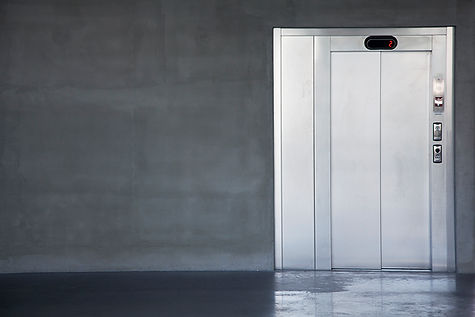
ABOUT US
Driven by Success
New construction elevator installation means installing an entirely new elevator system, including the car. Elevator installation most often occurs during new building construction, although, occasionally, an existing elevator is so old that it is more cost-effective to replace it than to modernize it. For example, if there are hoistway or asbestos issues.
Skylimits Elevator installs the following types of elevators:
Passenger Elevators – for transporting residents, employees, and customers in an aesthetically pleasing environment
Service Elevators – for behind-the-scenes normal-load transport such as moving hospital beds or cleaning carts
Freight Elevators – for moving heavy loads between floors
Dumbwaiters – for transporting certain smaller goods, such as bringing dishes from a dining room down to a kitchen
TYPES OF INSTALLATIONS
There are two primary means by which elevators are lifted and lowered: traction and hydraulic. Which type is best for a given environment depends on the type of building, occupancy, capacity requirements, and level of use.

TRACTION ELEVATOR
Traction elevators use a pulley system of steel ropes and a sheave that is located either above the elevator shaft (geared) or above the cabin and travels with the cabin (gearless). In either case, the motor that drives the system is located in a machine room at the top of the building. Traction elevators offer a faster, smoother, quieter ride than hydraulic systems. But the machine room at the top of the hoistway requires more space and leads to higher installation cost.

HYDRAULIC ELEVATORS
Hydraulic elevators are powered by an electric motor that compresses oil-based fluids to generate the elevator movement. They do not require any overhead hoisting machinery and can be machine-room-less (MRL), and thus are quicker and less expensive to install. However, they use a lot of energy and are slower; therefore, they are not used in buildings that are more than seven stories high. Hydraulic elevators can also be noisier.